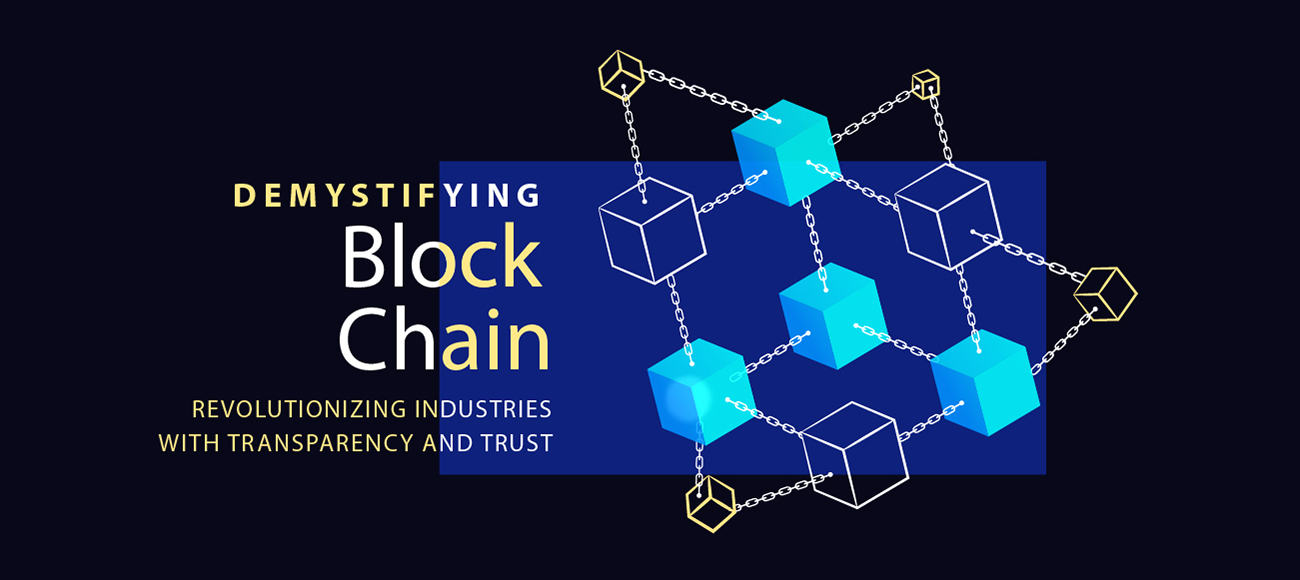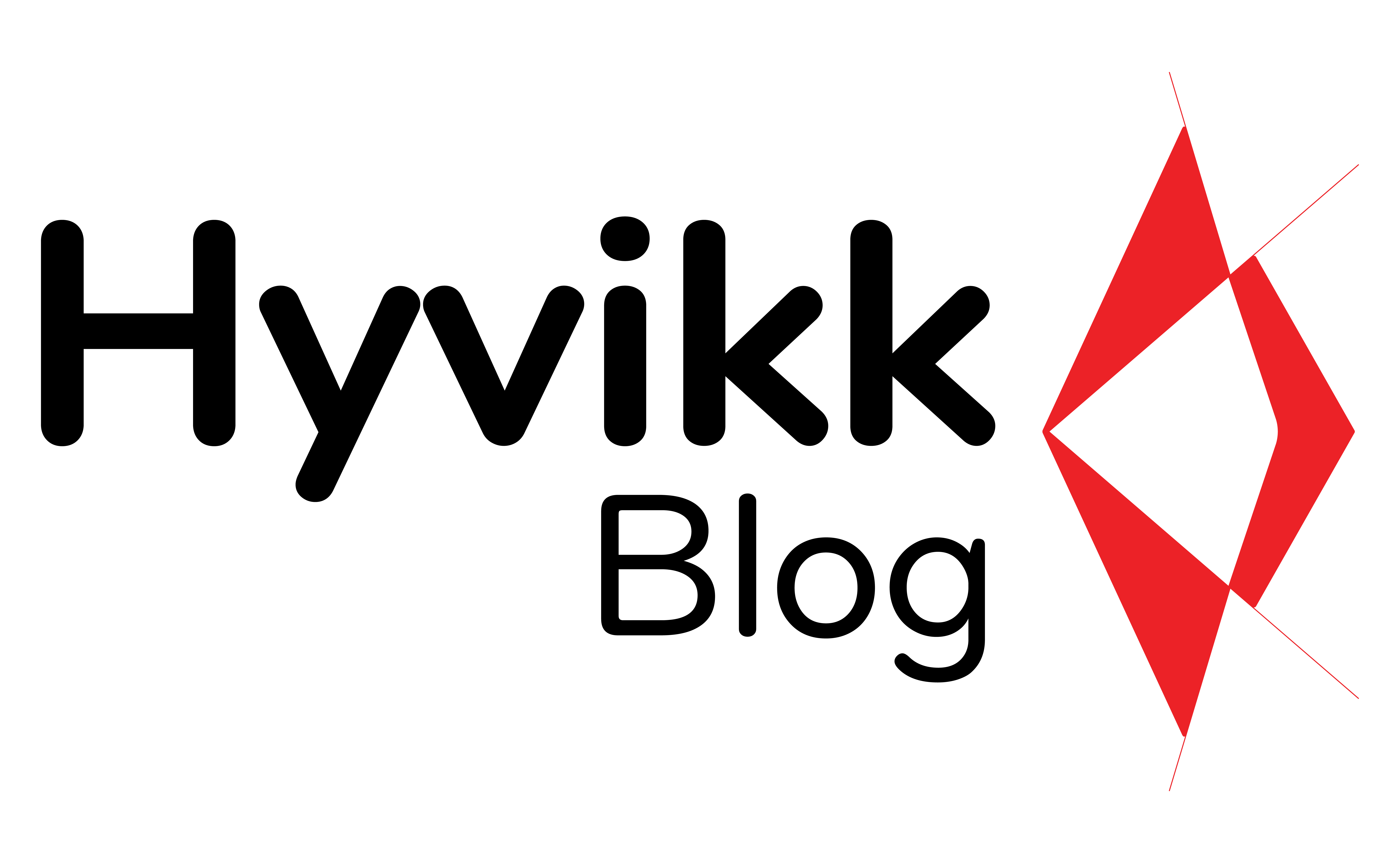
14 Aug Exploring the Power of Blockchain Technology
Blockchain technology is one of the most promising and rapidly evolving technologies of the 21st century. Initially developed as the underlying technology for cryptocurrencies, such as Bitcoin, blockchain technology has since been used for a wide range of applications, including supply chain management, identity verification, digital voting, and more. In this blog post, we will explore the basics of blockchain technology, its potential benefits and limitations, and some of the most promising use cases.
What is Blockchain?
At its core, blockchain technology is a decentralized ledger(A record of all transactions on a network.) that stores and verifies transactions in a secure and transparent way. The ledger is maintained by a network of computers, called nodes, which work together to validate transactions and maintain a single version of the truth.
Each block in the chain contains a set of transactions, and each block is linked to the previous block through a unique digital signature. This creates a chain of blocks, hence the name “blockchain.” Because each block is linked to the previous block, it is virtually impossible to alter the contents of a block without also altering all the blocks that came after it.
This makes blockchain technology incredibly secure and tamper-resistant. It also makes it possible to trace the entire history of a transaction, from its creation to its current state. In addition, because the ledger is decentralized, there is no single point of failure, making it more resilient to attacks and system failures.
Benefits of Blockchain
The benefits of blockchain technology are numerous and varied, and they depend largely on the specific use case. Some of the most known benefits include:
- Security: Because blockchain technology is decentralized and tamper-resistant, it is inherently more secure than traditional centralized systems.
- Transparency: The transparent nature of blockchain technology makes it possible to track the entire history of a transaction, which can help to prevent fraud and increase accountability.
- Efficiency: Blockchain technology can automate many processes that would otherwise require manual intervention, which can save time and reduce costs.
- Traceability: Blockchain technology makes it possible to trace the origin and history of a product or service, which can be useful for supply chain management and other applications.
- Trust: Because blockchain technology is decentralized and tamper-resistant, it can help to build trust between parties who may not know or trust each other.
Limitations of Blockchain
Despite its many benefits, blockchain technology also has some limitations that need to be addressed. Some of the most cited limitations include:
- Scalability: Blockchain technology can be slow and resource-intensive, which can make it difficult to scale to support large volumes of transactions.
- Complexity: Blockchain technology can be complex and difficult to understand, which can make it challenging to implement and maintain.
- Governance: Because blockchain technology is decentralized, it can be difficult to establish governance structures that are fair and effective.
- Interoperability: Different blockchain systems may not be compatible with each other, which can make it difficult to integrate them into existing systems.
- Energy consumption: The process of validating transactions on a blockchain can be energy-intensive, which can lead to concerns about its environmental impact.
Use Cases of Blockchain
Blockchain technology has a wide range of potential use cases, and it is still a rapidly evolving field. Here are some of the popular use cases:
- Supply chain management: Blockchain technology can be used to track the origin and history of products and ensure their authenticity, which can help to prevent counterfeiting and fraud.
- Identity verification: Blockchain technology can be used to securely store and verify personal identity information, which can help to prevent identity theft and fraud.
- Digital voting: Blockchain technology can be used to create a secure and transparent digital voting system, which can help to increase voter participation and reduce the risk of fraud.
- Smart contracts: Blockchain technology can be used to create and enforce smart contracts, which can automate the process of executing contractual agreements between parties. Smart contracts can be programmed to trigger automatically based on predefined conditions, which can help to reduce the need for intermediaries and improve efficiency.
- Decentralized finance (DeFi): Blockchain technology can be used to create decentralized financial applications, such as peer-to-peer lending, prediction markets, and more. These applications can operate without the need for traditional financial intermediaries, such as banks, and can provide greater access to financial services for people who are underserved by traditional financial systems.
- Healthcare: Blockchain technology can be used to securely store and share medical records and other healthcare data, which can help to improve patient outcomes and reduce healthcare costs.
- Intellectual property: Blockchain technology can be used to create a decentralized registry of intellectual property, such as patents and trademarks, which can help to prevent fraud and protect the rights of creators and inventors.
- Energy trading: Blockchain technology can be used to create a decentralized marketplace for energy trading, which can help to increase the efficiency of the energy sector and reduce costs for consumers.
Conclusion
Blockchain technology has the potential to revolutionize many industries and change the way we interact with each other and with technology. While there are still challenges to overcome, such as scalability and interoperability, the benefits of blockchain technology are too great to ignore. As the technology continues to evolve and mature, we can expect to see more and more innovative use cases emerge, and we can look forward to a more secure, transparent, and efficient world powered by blockchain technology.

Sorry, the comment form is closed at this time.